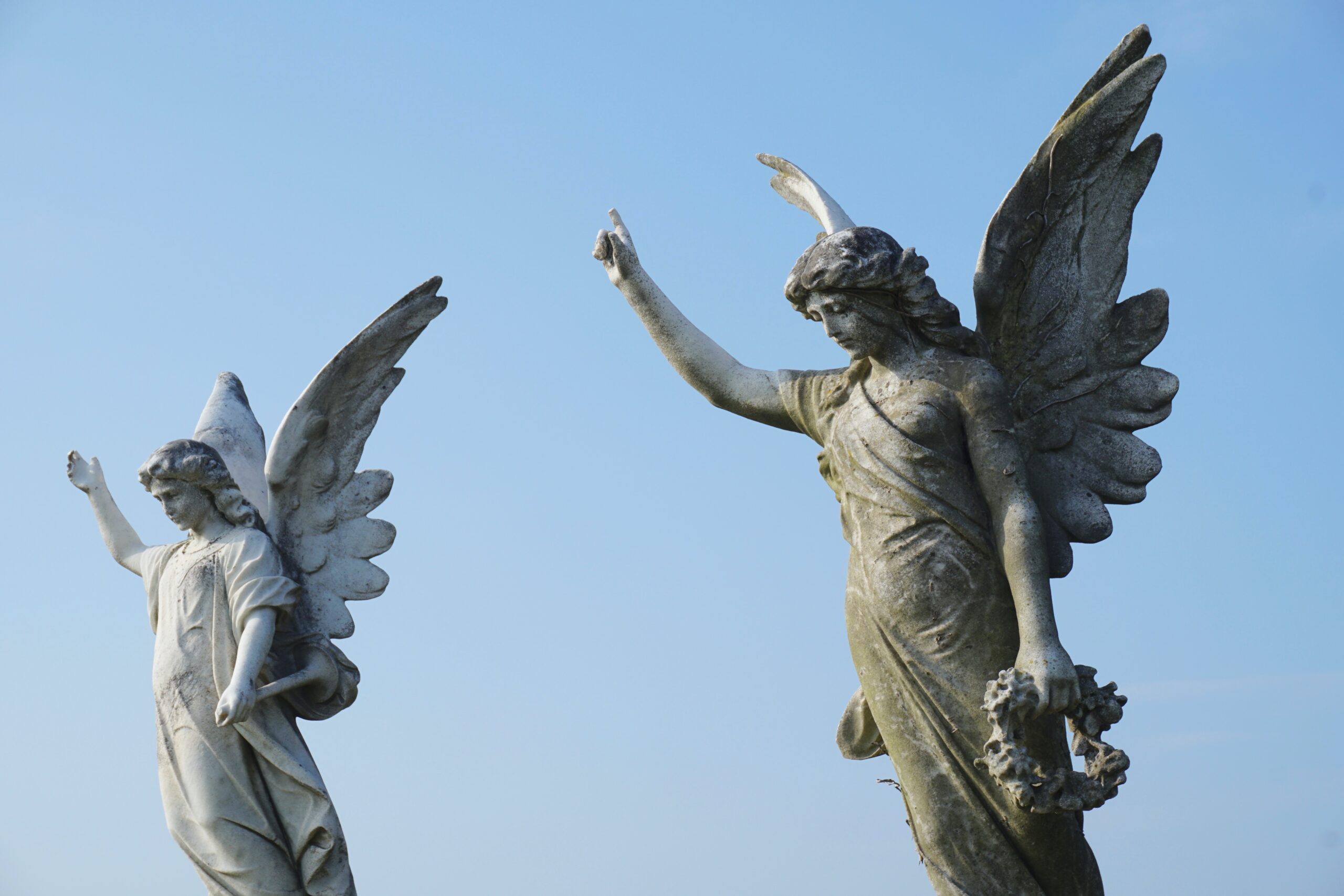Myth and Reality of the Hells Angels Motorcycle Club

Formed during the post-WWII boom of returning American veterans, the Hells Angels Motorcycle Club has garnered quite a reputation. The group’s constant denial of criminal activity and association with various mob outfits worldwide have given the Hells Angels a near-mythical image, which is an anti-hero persona they gladly play into.
However, police organizations have listed the Hells Angels as one of the “big four” motorcycle gangs, and members have been busted for extortion, violent crime, drug dealing, prostitution and more. While members insist they are just Harley-Davidson enthusiasts, the numbers add up to a different story, with the Quebec Biker turf war in Montreal that saw the deaths of at least 150 and the jailing of over 100 bikers between 1994 and 2002. In 2019, the Netherlands became the first country to ban the club.
The Hells Angels Motorcycle Club was founded in 1948 in Fontana, California, by a group of World War II veterans. They chose the name “Hells Angels” because they believed they were “angels from hell” sent to protect the innocent and fight against injustice. The club quickly gained a reputation for their distinctive style, which included riding Harley-Davidson motorcycles, wearing leather jackets adorned with the club’s emblem, and sporting long hair and beards.
Over the years, the Hells Angels expanded their membership and established chapters in various countries around the world. They became known for their involvement in organized crime, particularly drug trafficking and violence. The club’s motto, “When we do right, nobody remembers. When we do wrong, nobody forgets,” reflects their willingness to engage in illegal activities while maintaining a code of silence.
Despite their criminal activities, the Hells Angels have managed to cultivate a certain mystique and attract a dedicated following. Their rebellious image and outlaw lifestyle have been romanticized in popular culture, with movies like “Hell’s Angels ’69” and “Hell’s Angels on Wheels” portraying them as modern-day outlaws.
However, the reality of the Hells Angels is far from glamorous. The club has been involved in numerous violent conflicts with rival gangs, resulting in countless deaths and injuries. They have also been implicated in cases of drug trafficking, extortion, and prostitution.
In recent years, law enforcement agencies have cracked down on the Hells Angels, leading to the arrest and prosecution of many members. In 2019, the Netherlands became the first country to ban the club, citing its involvement in criminal activities and posing a threat to public safety.
While some members of the Hells Angels may genuinely be motorcycle enthusiasts, it is clear that the club as a whole has a dark side. Their involvement in organized crime and violent activities cannot be ignored or romanticized. The Hells Angels may have a mythic image, but the reality is far from heroic.






